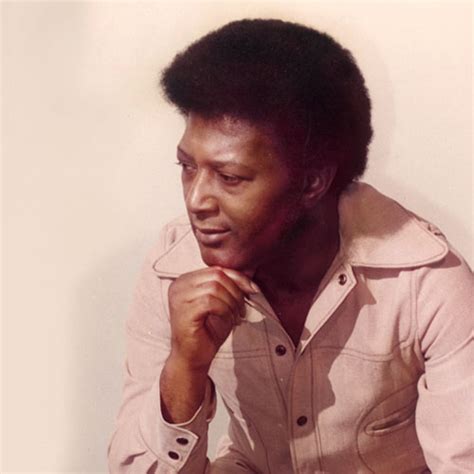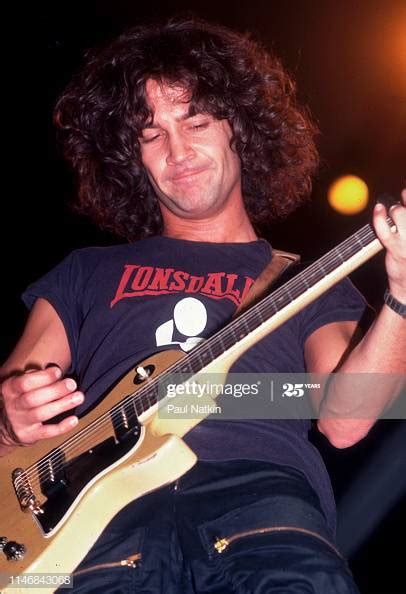A Quote by Jonathan Meiburg
When you make a record, you probably are not going to hit exactly what you were aiming for. You also have to let go at a certain point, and just trust it.
Related Quotes
When you make a record, you probably are not going to hit exactly what you were aiming for. You also have to let go at a certain point, and just trust it. I remember feeling we had fallen short, or that it had fallen short. At the same time it was great to see a good critical reaction to it, and to hear people were enjoying it, which made me think, "Well, maybe it's a good thing I didn't get exactly what I wanted." Now we're testing that theory.
I call it "being interrupted by success." We had done The Soft Bulletin, which came out in 1999, and we knew we that were gonna make another record before too long. But in between this, we were still in this mode of kind of just - not re-creating what we could be, but kind of doing different things. For the longest time in the Flaming Lips we were like, "Make a record, go on tour. Come back, make another record," and you know, I think, frankly, we were kind of like, "There's more to life than just recording records and going on tour."
I know a lot of bands that will make their first record and get to a certain level, and then when the second record comes out, they can start where they left off as a headlining act playing in front of a certain number of people, or they can go back out and make a lot less money and open for people. I feel like if you go out and just go right back into that headlining stuff, you're playing to the converted.
There have been times I thought that when I got a certain point in the story, a certain character was going to do a certain thing, only to get to that point and have the character make clear that he or she doesn't want to do that at all. That long phone conversation I thought the character was going to have? He hangs up the phone before the other person answers, and twenty pages of dialog I had half written in my head go out the window.
My revision methods are chipping things away and moving them around and trying to get things right. I'm also open in my own writing to failure. I want to fail. I want to go to a place where I don't know what I'm doing, where maybe I'm lost. And in that uncertain space, I make decisions, and I know all those decisions are going to change everything else. And at a certain point, you just come to a place of rest. In revising, you reduce your options so that nothing is possible, and you just think, I can't change this anymore because I've already passed that decision point.
I know a lot of bands that will make their first record and get to a certain level, and then when the second record comes out, they can start where they left off as a headlining act playing in front of a certain number of people, or they can go back out and make a lot less money and open for people.
You really think your life is going to go a certain way sometimes, and then sometimes something amazing happens just out of the sheer generosity and kindness and faith of others and I never anticipated that I would have the chance to make my dreams come true. And you guys have given me that chance. It's about faith and encouragement and I wanna thank you from the bottom of my heart for giving me the trust and the belief that you have. And I hope you trust and believe in yourselves as much as you trust and believe in me.






















